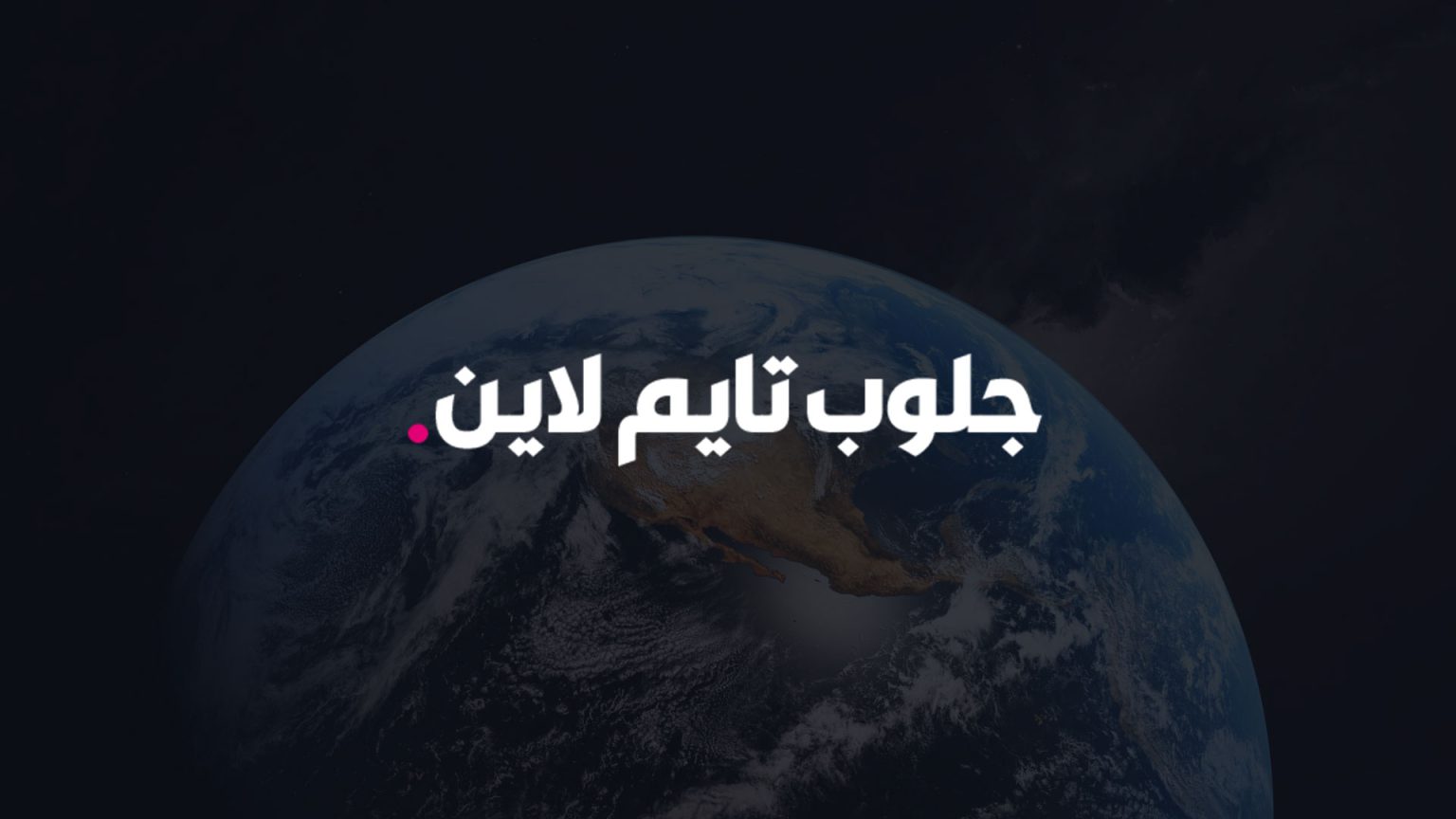Summarize this content to 2000 words in 6 paragraphs in Arabic The race to make satellite-connected mobile phones accessible to millions of consumers is heating up as T-Mobile rolls out its Starlink service to customers in the US and Vodafone promises space-enabled video calls in parts of Europe from this year.UK telecom operator Vodafone revealed last week that it had made the world’s first satellite-enabled video on a mobile from an area with no network coverage. This followed news that T-Mobile was testing its “direct to device” service that allows customers to connect via more than 300 dedicated satellites from Elon Musk’s Starlink network.The emergence of satellite-enabled phones is being hailed as the most significant revolution in mobile communication in decades — even as some of the more bullish claims from operators about their performance are being questioned. Operators plan to use it to close the “not spots” in their network coverage, areas where building a cell tower or fibre network is either not justified by demand or too difficult to do. Globally it is estimated that some 350mn people do not have access to mobile broadband coverage. And unlike the dedicated satellite phones of the 1990s, usually the size of a brick, these services will be beamed directly to modern handsets. “It brings mobile service to those areas that we would never have reached, including the sea,” Vodafone chief executive Margherita Della Valle told the Financial Times. “You can do a voice call, text message, but also video internet. It effectively gives you the full mobile broadband experience” via satellite, she added.Space consultancy Novaspace estimates the market could generate service revenues of up to $42bn over the next decade. That prospect has drawn substantial investment into the technology in recent years. Apple began the rush to space in 2022, when it struck a partnership with US satellite operator Globalstar to offer an emergency texting service on its iPhones in areas without mobile networks. Apple has invested $1.7bn in Globalstar to develop the partnership and more recently reports have emerged that it could also enable iPhones for Starlink connections.AST SpaceMobile, the US-based company whose massive Bluebird satellites carry the world’s largest commercial communications array in low Earth orbit, enabled the Vodafone video call. It has attracted more than $2bn in investment, according to Scott Wisniewski, its president, and raised $460mn in a recent convertible loan note offering. Yet, for all the excitement, experts agree that satellite to mobile phone connections will not be good enough to replace traditional mobile services, raising questions over the optimistic promises being made by many operators. New Zealand’s commerce commission took telecom provider One NZ to court last year for overstating the performance of its Starlink service.While Vodafone’s video call is a technological achievement, the question will be whether it can deliver such a data-intensive service consistently to more than one user.Direct to device connections will operate at significantly lower speeds than terrestrial networks, will often require handsets to be in sight of the satellite, and will struggle to transmit through buildings or dense foliage.“Satellites are several hundred kms away, whereas a base station might only be less than 1,000 meters away. Science tells us that the signal won’t travel as well,” said Mike Thompson, a director at consultancy Access Partnership. But it would be useful for “situations where you need minimal connectivity, for example, a disaster emergency mission,” he added.Tim Hatt, head of research and consulting at GSMA Intelligence, affiliated with the mobile operator trade body, said that “over time, as satellite providers add more capacity, speeds are expected to increase, but they will remain lower than those of terrestrial networks”. Moreover delivering the service requires access to an already scarce radio spectrum — the invisible highway of electromagnetic waves that carry all wireless data. Satellite providers either have to rely on mobile operators surrendering the terrestrial spectrum that they have paid handsomely for, and which comes with regulatory uncertainty due to interference concerns, or dedicated mobile satellite spectrum, most of which has already been allocated.Spectrum access could be “the biggest challenge in creating a direct to device ecosystem”, said Gökhan Tok, senior manager for space and connectivity at Access Partnership.Even more so if operators wanted to offer video and other bandwidth-intensive data services. The more users, the slower the speeds, said Tim Farrar of satellite intelligence group, TMF Associates. In an extensive study of the spectrum challenges, TMF Associates and advisory Summit Ridge found that emergency and texting services delivered the most value in mobile black spots. “Providers of higher bandwidth D2D services may spend the most money to chase the fewest incremental dollars of revenue,” the report found.AST insisted its technology would be able to deliver all cellular mobile applications, from text to video. “Our approach allows us to do data cellular because of the size of the antenna,” said Wisniewski.But some question whether high-intensity data services such as video could ever be widely available or financially viable.“There are a lot of discussions about what I call Netflix in the mountains — or broadband connectivity outside cellular coverage,” said Paul Jacobs, Globalstar chief executive. “That is an unproven market. You could provide high speed to a certain number of devices. But it is not proven yet that a consumer will pay for that kind of service.”Vodafone has not said what it would charge for its satellite service. Apple has offered its emergency texting as standard in all new iPhones, while T-Mobile’s chief executive recently suggested the company would bundle the service into its higher-rate subscriptions.Pricing would depend on “use cases . . . why you benefit from this connectivity in your daily life,” said Vodafone’s Della Valle. “But customers will definitely value the availability of the service. It gives a peace of mind that you wouldn’t otherwise be able to have today.”
rewrite this title in Arabic Mobile operators look to satellite technology to end ‘not spot’ plague
مقالات ذات صلة
مال واعمال
مواضيع رائجة
النشرة البريدية
اشترك للحصول على اخر الأخبار لحظة بلحظة الى بريدك الإلكتروني.
© 2025 جلوب تايم لاين. جميع الحقوق محفوظة.




